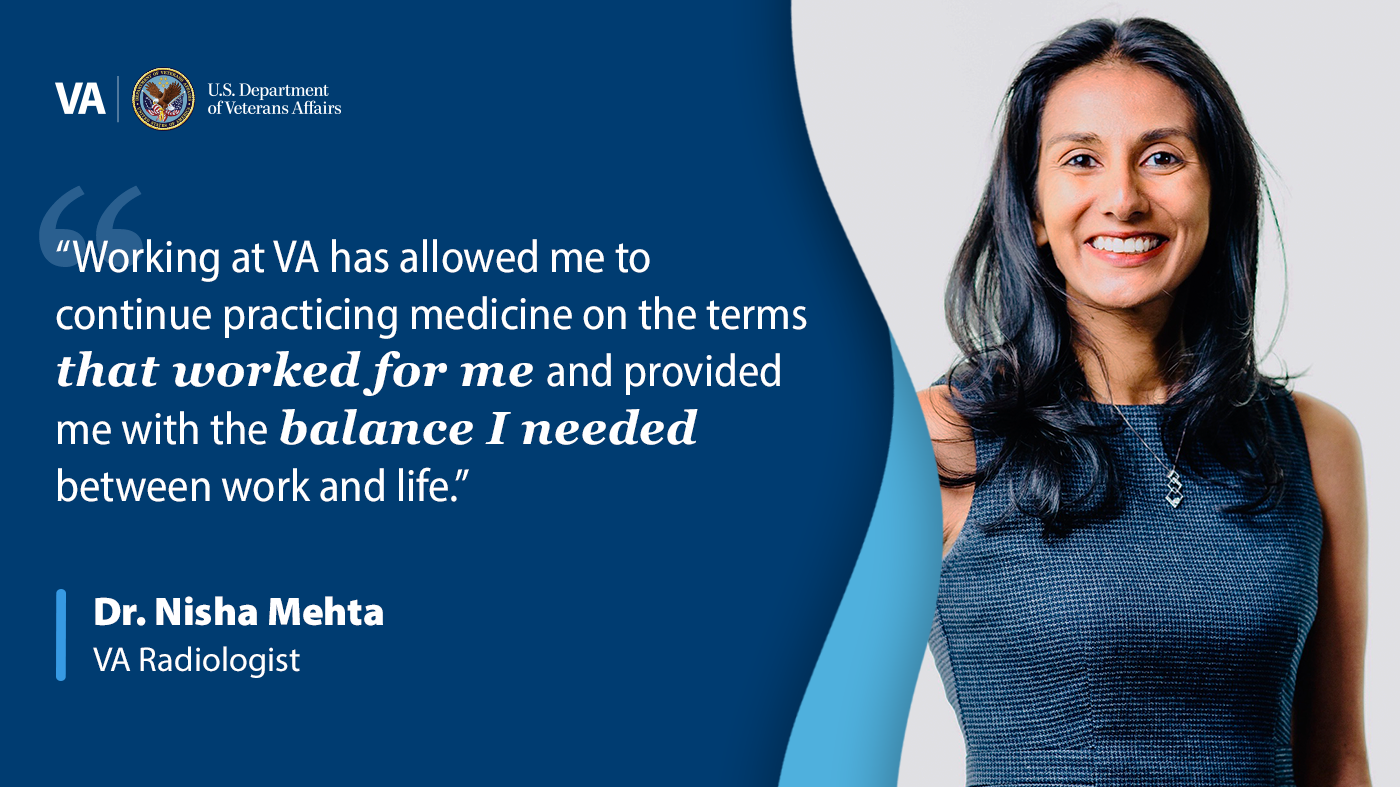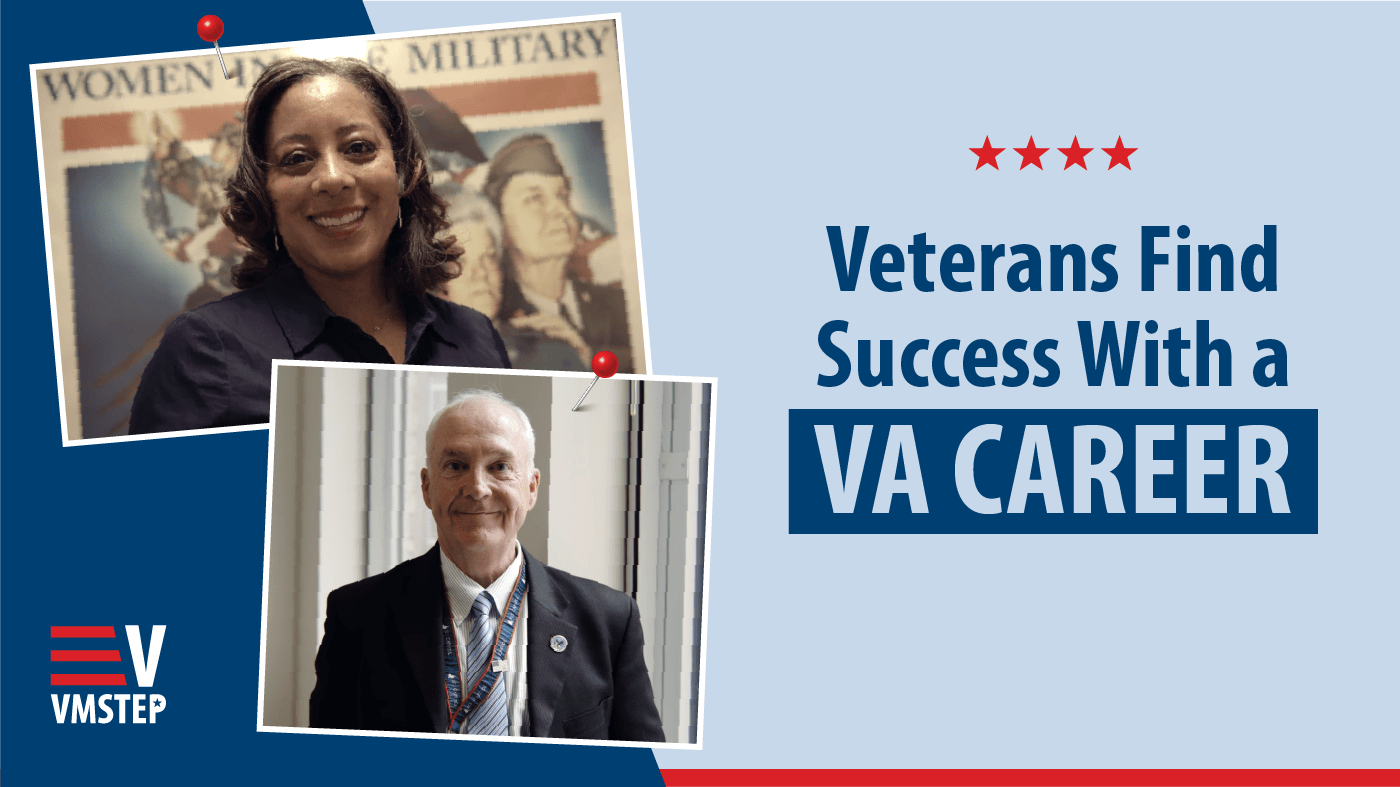When I first made this list of steps to aid in a job search, I added the phrase, “if necessary.” In hindsight, continuing education is always necessary. Regardless of when we served, as Veterans we are very fortunate to have educational assistance. Even if we have depleted all of our military or VA funding sources, many colleges and universities—and certain states—offer discounts, scholarships or waived tuition to aid Veterans in pursuing our education. Veterans or not, “If you’re not moving forward, you’re standing still.” (Author unknown.) So let’s talk about that.
Time to be honest. I am 46 years old. I spent 20 years in the U.S. Army, with tuition assistance available, and I used it very little. I cashed in my Veterans Educational Assistance Program (VEAP) funds, as I felt I did not need them, and chose to refuse the GI Bill conversion when it was offered. I seemed to think there were more important things for my free time. In fairness to us all, I was very busy; however, they were my choices to make. Fortunately for me, our leaders passed the 9/11 GI Bill and I now qualify for benefits at 70 percent eligibility. So, at the ripe old age of 45, I enrolled in college again and am working on the last classes needed to finally complete a goal. I also attended Diversity Recruitment and Retention classes at a well-known university that proved to be a great learning experience. I have a hunger for education now. So if you have not been in a library lately or earned a degree or certificate, time to “ruck up.”
How do we pay for it? I know far too many people who are having a tough time getting financing or assistance in order to pay for school these days. Many citizens have gone to college and left at least once; many with financial assistance. After leaving school, life happened and they may owe the school or other financial aid loans. If so, no financial aid is available for them until they are able to become current. Even a small amount of $1,500 can delay an enrollment and limit options for a struggling student today. Knowledge is power. Be sure to learn what is available to you: VA, your local Veterans Service Officer, State Veterans Affairs Offices, and VA Vantage Blog often have great information. It is likely a good idea to stay current on VA Careers’ Facebook page.
What do we study and where? That is where we NEED to talk to the military advisor at different schools. They are the people familiar with translating our military experience into what is a good choice considering our knowledge, desires, and economic forecast. For example, as much as I may like blowing things up, I should consider that I might need an education in a growing field. Prospective employers also like to see that we have initiative and motivation; have current, relevant knowledge; and are not someone that “just gets by.” I like to tell people to think health care! If a school is not Veteran-friendly, move on. Most reputable schools are adapting to our needs. Find your fit and look for reviews. Be sure to verify that they are regionally accredited.
No matter the stage of your job search, it is never too early to get in school and it is always a good idea. It will even advance efforts in networking, which we will talk more about later.
- Identify skills, education and experience.
- Decide what you are qualified to do.
- Prepare Resume.
- Continue education if necessary.
- Plan your work- work your plan.
- Network with everyone.
- Use all resources.
- Dress to impress.
- Follow-up.
- Stay motivated, motivate others.
- Volunteer or get a part time job.
Return the favor when it’s your turn.
*This blog has been edited to reflect updated links and photos.
Topics in this story
More Stories
Dr. Nisha Mehta encourages physicians seeing a better work/life balance to consider a move to VA.
Native American and Alaska Native Veterans deeply enrich our country, and we proudly honor their service.
When planning for your future outside of the military, consider a career with VA like Bradley Page and Dana Jones, who have found successful careers on our team.







